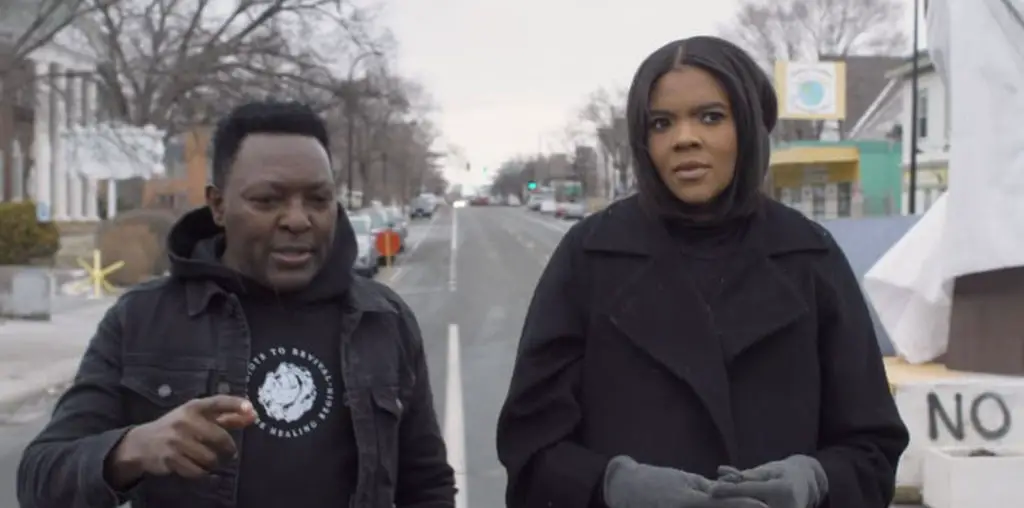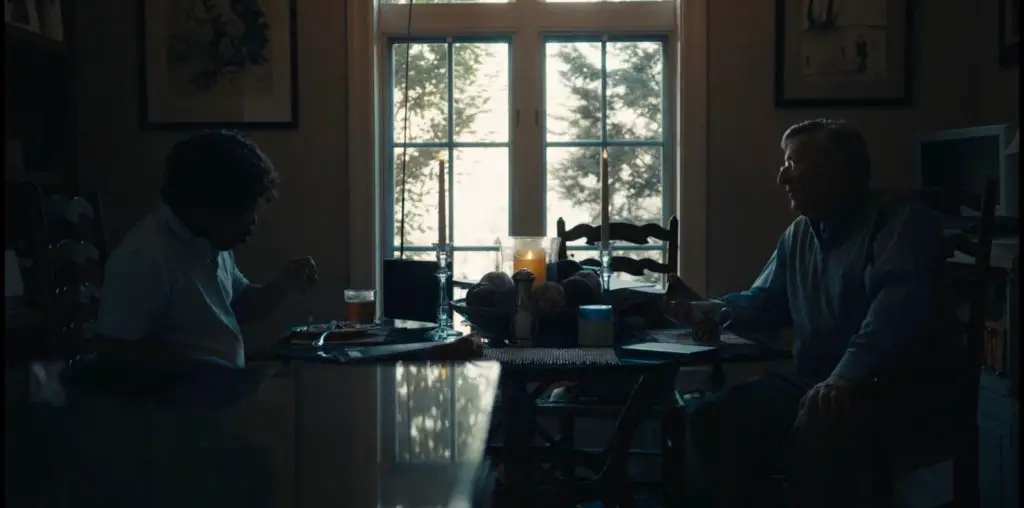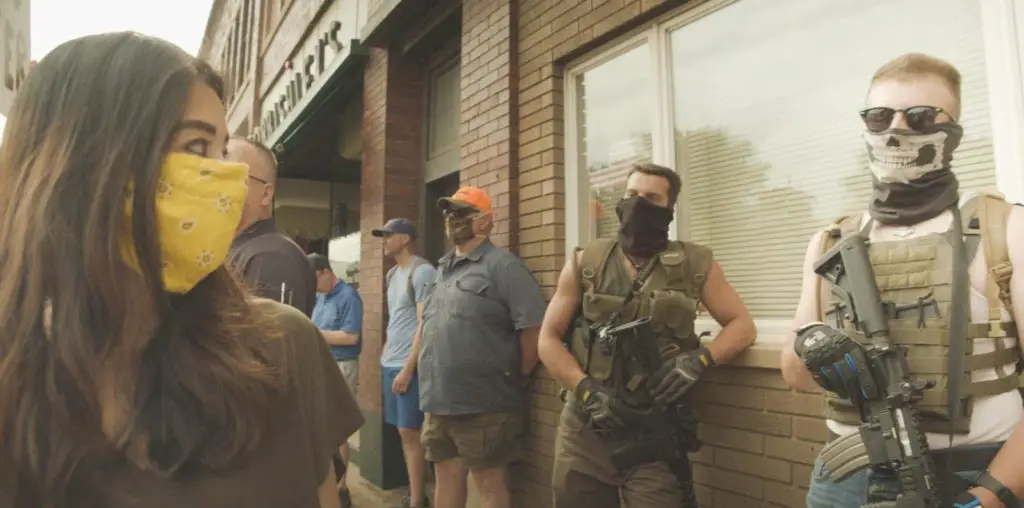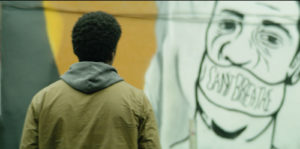
In 2020, George Floyd’s brutal murder led to nationwide protests and outcry against racial bias, profiling, and intimidation at the hands of law enforcement. Joined by the supporters of victims like Breonna Taylor and Ahmaud Arbery, the Black Lives Matter movement raised several voices against racial injustices and systematic racism in the States. Director Lionel Coleman’s short, These Final Hours, is a part of those voices.
This ten-minute anthology pilot intends to educate viewers about unconscious bias against particular segments of American communities. Though it is set against the backdrop of the BLM movement, the drama isn’t about highlighting one specific incident of racism. Instead, it’s a short that sparks conversation about misconceptions and negative stereotypes associated with African-American people (or other minorities). In addition, it’s an attempt to show support for activism against discrimination based on color and race, which goes beyond rallying in protests and showing disgust on social media.
Curtis Grimes (Joseph David-Jones) is seen doing rounds at several places in the city. The camera captures his movement in a suspicious tail as he walks across the city. Curtis is seen throughout the neighborhood with a bandana covering his face, which is certain to trigger qualms from some. But is it what it seems at first look? Screenwriter Brian Flaccus creates a clear and hard-hitting contrast between reality and perception.
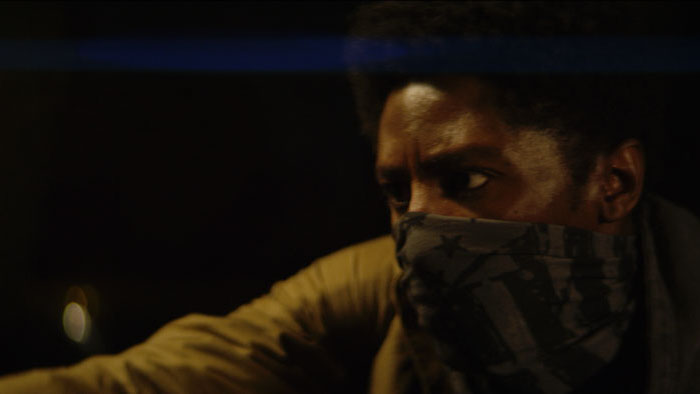
“Curtis is seen throughout the neighborhood with a bandana covering his face…”
These Final Hours plays like a montage, with scenes overlapped with a powerful voice-over interlocution. But in the second half, the montage becomes more apparent, and the dialogue ends with the beginning of a melodious cover of Bonnie Raitt’s I Can’t Make You Love Me. David-Jones capably portrays Curtis, delivering Flaccus’ well-written verses with aplomb and dignity. The forceful and intentional editing hits hard. Such nuanced editing refines the second half of the short wherein sequences unraveling the true story are woven together to intercut between David-Jones’ performance of I Can’t Make You Love Me.
The film proves cinema’s power to promote rightful activism and the strength the medium has to give people a deep insight into complex subjects such as this. In its very short run-time, the film stylizes its effort in bringing forth its cause through realistic and variant color grading patterns. This is especially so when depicting several aspects of the neighborhood. The final reveal, which will catch the viewers off-guard, is the moment where the short really pulls off its goal. In that commendable sequence, the film raises high the message it wishes to convey and brings back its whole backdrop full circle.
These Final Hours successfully gained attention through its numerous screenings at several film festivals. It was eventually nominated for NAACP Image Awards for Outstanding Short Film. While the film may specifically tell the story of a black man in America, its impact is worthy of reaching beyond those borders. Flaccus and Coleman’s examination of changing perceptions and discarding stereotypes marks the beginning of the end of racism against all minorities in all global societies.
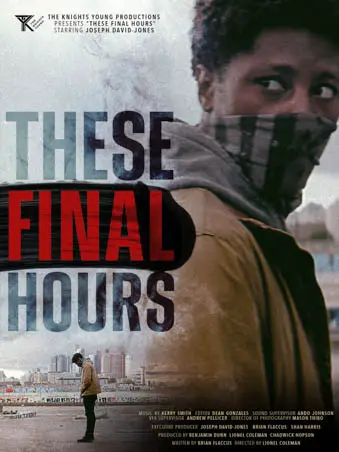
"…the short really pulls off its goal."
